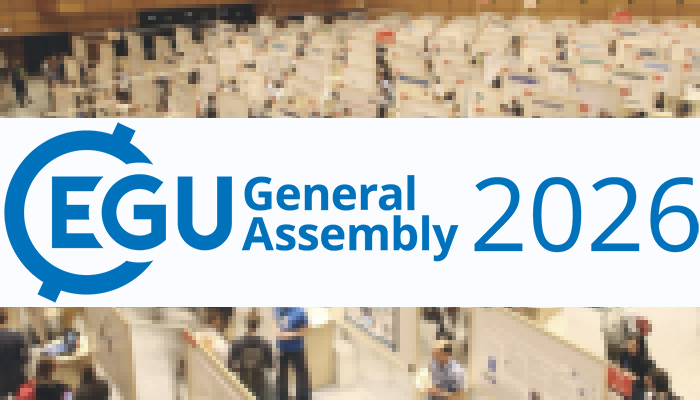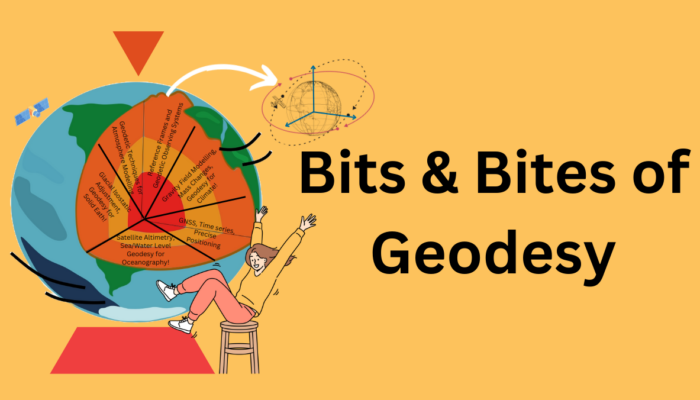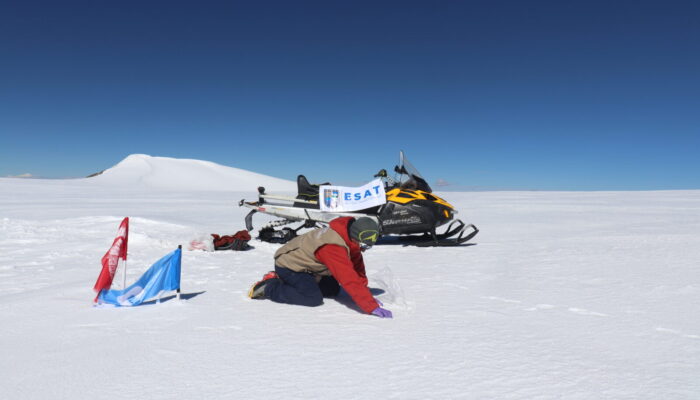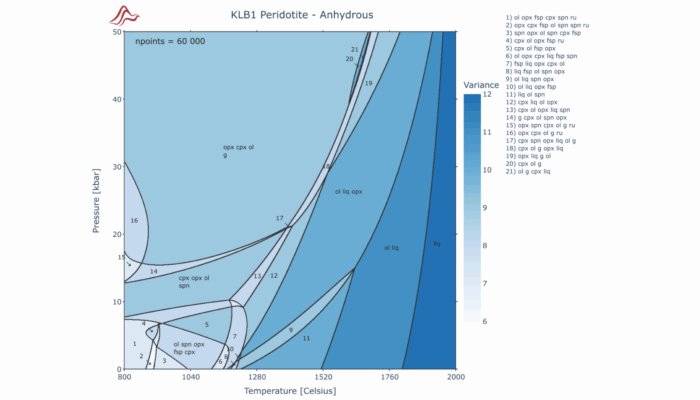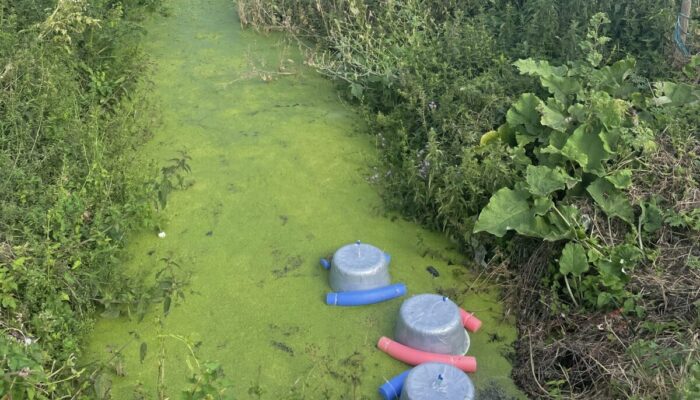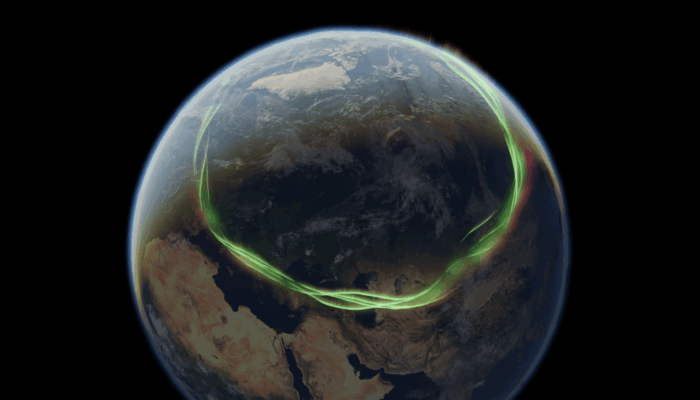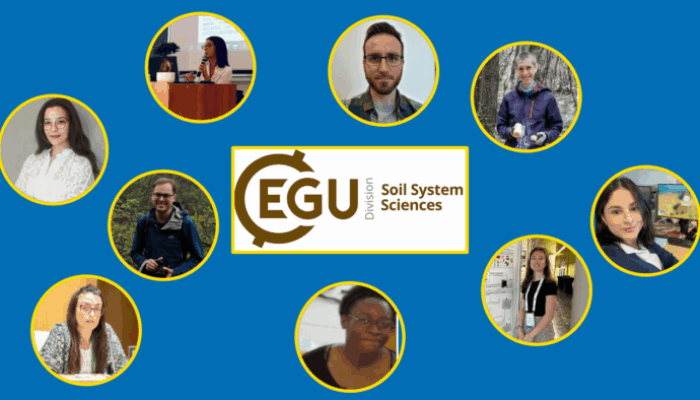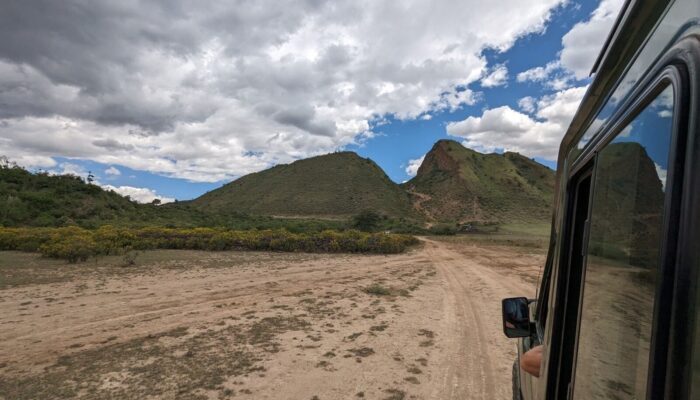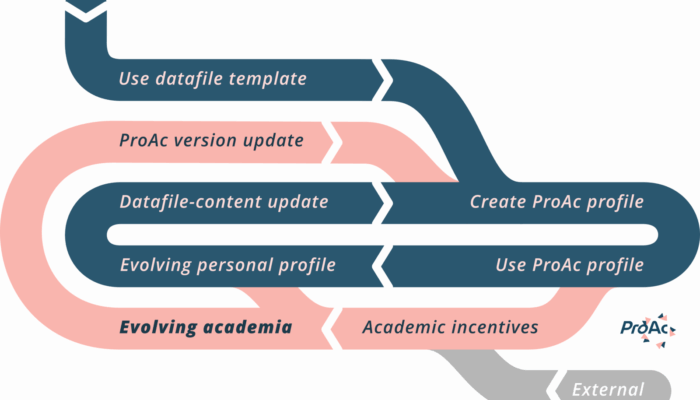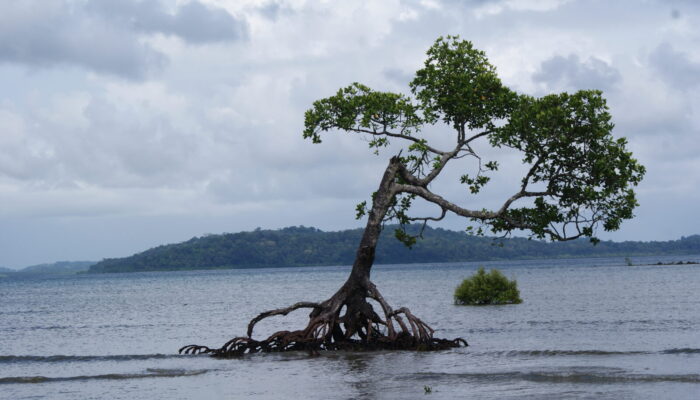The call-for-session-proposals for the General Assembly (GA) 2026 was launched on July 29. We take the opportunity to encourage all members of the hydrological community to participate in shaping the next year’s conference programme and in particular early career scientists. (Co-)convening a session is a great experience and the perfect networking opportunity. The Hydrology Division offers every y ...[Read More]
Geodesy
Bits and Bites of Geodesy – Trilateration on Vacation: How GNSS Locates You
Summer vacations are finally here! Like every year, many of us are ready to travel and explore new and exciting destinations. And of course, the GPS on our phones will be an indispensable travel companion! Did you know that GPS (or GNSS) positioning is one of the traditional geodetic techniques? Come along to discover how this technique can find your location in the world and the various applicati ...[Read More]
Cryospheric Sciences
Did you know: Soot is a melting agent for glaciers in Peru and China
Mountain glaciers are melting rapidly due to global warming. This process is being intensified by increasingly extreme natural events, such as forest fires and air pollution from human activities. One of the main culprits is a tiny but powerful pollutant called black carbon (commonly known as soot) which darkens the surface of the snow and makes it met faster under the sun. But how much of this po ...[Read More]
Geodynamics
Simulating the Deep Earth with MAGEMin: A Toolkit for Thermodynamic Modeling in Geodynamics
Understanding how rocks melt, deform, and evolve within Earth’s interior is a central challenge in geoscience. These processes span a wide range of spatial and temporal scales and are governed by complex interactions between temperature, pressure, composition, and phase stability. Capturing this complexity in numerical models requires integrating mineral thermodynamics directly into geodynamic mod ...[Read More]
Biogeosciences
My EGU25 highlights: Inspiring inland water greenhouse gas emission science
The notion that inland waters are passive participants in biogeochemical cycling, with lakes as recipients and rivers as pipes, has long been overturned. More and more research suggests the global importance of inland waters in biogeochemical cycles, particularly in greenhouse gas (GHG) exchange. EGU25 had a remarkable line-up of talks and posters on inland water GHG emissions. I’ll revisit some o ...[Read More]
Solar-Terrestrial Sciences
Chasing Auroras 41 Millennia Ago with Agnit Mukhopadhyay and Sanja Panovska
Approximately 41,000 years ago, during the Laschamps geomagnetic excursion, Earth’s magnetic field experienced a significant disturbance. The strength of the magnetic field decreased to only 10% of what it is today, the magnetic poles shifted considerably from the geographic poles, and the magnetosphere—the protective layer surrounding our planet—became smaller and distorted in previously unvisual ...[Read More]
Soil System Sciences
🌱 Nurturing the Next Generation of Soil Scientists: Meet the SSS EGU Early Career Scientists Team
Soil is more than just dirt beneath our feet, it’s a living, breathing system that sustains ecosystems, regulates climate, and supports agriculture. At the heart of advancing our understanding of these vital systems is a dynamic group of early career researchers working within the Soil System Sciences (SSS) Division of the European Geosciences Union (EGU). In this post, we’re excited to intr ...[Read More]
Geodynamics
Unraveling volcanic patterns between adjacent rift zones
Continental rifts are a prime example of how the forces at work beneath our feet are constantly shaping our world, and often host volcanic activity. The patterns and distribution of volcanism in rift settings, however, is far from intuitive. The picture gets even more complicated if we look between the segments that often make up a rift. This week, Valentina Armeni from the University of Potsdam, ...[Read More]
Seismology
Surviving the Ranking Madness: A Geoscientist’s Guide to Keeping Your Academic Soul Intact
The Academic Identity Crisis Ever googled yourself to check if your h-index went up? Compared your publication statistics to a peer? Published in a paywall journal while cursing the system? – Same. Welcome to the slightly neurotic world of academic evaluation—where current incentives often pull us away from the values we hold as scientists: curiosity, creativity, responsibility, and even actual sc ...[Read More]
Natural Hazards
How is earthquake-driven sea-level rise changing our coasts?
Coastal regions have always been at risk from natural hazards, but now, there’s an added layer of complexity. Earthquakes, which cause the land to move up or down, can significantly affect sea levels, especially in regions already experiencing the effects of climate change. Earthquakes can alter coastlines in ways that we’re still trying to understand, and it’s clear that tectonically active areas ...[Read More]

